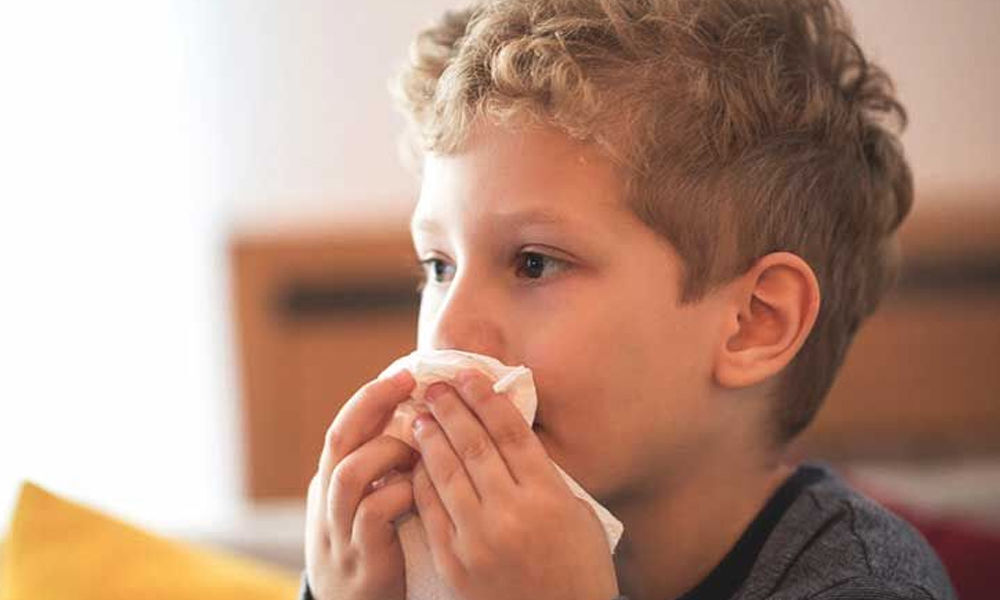

With age, your body starts losing its efficiency in regulating internal body temperature. While this leads to sensitivity to cold, it also leads to many other health complications. Under the subcutaneous area, older adults tend to have a thinner fat layer. This increases their susceptibility to cold. And those having health conditions like diabetes, kidney ailments and peripheral artery issues can lead to poor blood circulation, thus reducing body temperature. So if you have an elderly at home, there are certain things to know.
Why a Person feels cold?
The question is, Does Feeling Cold in Elderly Indicate Morbidity? If the elderly at home always complain of feeling cold, there might be various reasons for it. Some of them include:
- Hypothyroidism: intolerance to colds is common among hypothyroid patients.
- Raynaud’s phenomenon: this condition narrows down blood vessels, especially when someone feels stressed or cold.
- Anemia: this might make an elderly feel cold always.
- Anorexia Nervosa: it can cause coldness.
- Peripheral artery problem: it can make a person feel cold to the extremity.
Defining Low Body Temperature for the Elderly
For senior citizens, a body temperature lower than 95°F can lead to various health issues. They comprehend everything from kidney problems heart attack, and liver damage. Those having a previous history of hypothermia are also susceptible to such health issues. Also, living in a cold place or going outside can also cause hypothermia.
Hypothermia and Dementia
FTD, Frontotemporal Dementia, is a degenerative condition of the brain. Those suffering from it have problems in decision-making, planning, and also in social cognition. It can also affect memory and processing language. They can also fall susceptible to hypothermia.
Vitamin D Deficiency and Cold Sensitivity
There is no sufficient evidence to confirm whether vitamin D has any direct effect in regulating the internal temperature of the body. However, deficiency of this vitamin can lead to various bone deformation and even rickets. Such conditions often make the elderly feel cold all the time.
Autoimmune Diseases and Hypothermia
Conditions like Raynaud’s disease make the vessels of blood in the feet and hands narrow down. This happens especially when the concerned person is in stress, it feeling cold. This condition leases to numbness in the body, pain and damage in the tissues. Raynaud’s disease also paves the way for conditions like Scleroderma, CREST syndrome and Lupus. There is no definite cure for this condition. However, elders can keep the symptoms in check by managing the triggers, like cold temperature.
Anemia and Coldness
When you have an elderly in the family whose feet and hands get cold way too often, then he is likely to suffer from anemia or any other iron deficiency. Those suffering from it have poor blood circulation throughout the body. This is because; they do not have sufficient red blood corpuscles to send oxygen to the tissues. So if you suspect some elderly to have anemia, endure to do a health check-up without much ado.
How Serious Can this Drop in Temperature?
Hypothermia, or any sudden drop in body temperature among the elderly, can be serious. It is important to seek medical help if the body temperature of any elderly falls below 95 F. Sometimes, this sudden drop can be life-threatening.




